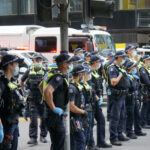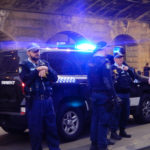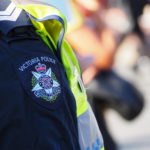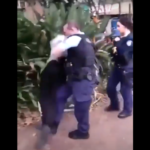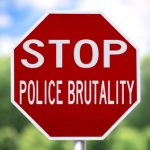NSW Police Officers Under Investigation for Assaulting NRL Player
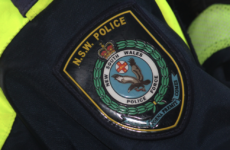
The three New South Wales Police Officers who punched NRL player Tom Starling multiple times in the face during a violent arrest on 5 December 2020 are now under investigation and could face criminal charges over the assault.
The incident occurred during a 21st birthday party at a bar on the Central Coast, and Mr Starling was later charged with seven offences including assaulting a police officer in the execution of his or her duty, as well as attempting to take a police officer’s gun.
All but one of those charges was subsequently withdrawn, the only one charge remaining: hindering a police officer.
The incident
It has been reported that the incident occurred when a security officer yelled at Mr Starling’s mother to sit down due to COVID restrictions in the venue before calling her an “fuckng slut.”
Mr Starling immediately took offence, and was detained by security guards until police arrived.
Evidence shows “… nothing other than Tom being assaulted himself”
CCTV footage from the venue shows police officers arriving and then punching Mr Starling in the face several times.
The matter came before court for a defended hearing in February of this year, with the footage of the incident being played before Magistrate Daniel Covington.
During the hearing, Senior Constable Daniel Drew admitted to the court that he had “no reason to punch” Mr Starling.
After receiving all of the evidence, His Honour quickly came to the view that, “Clearly what occurred was nothing other than Tom being assaulted himself.”
He strongly criticised the officers for their conduct, stating that would they did was “typically seen in a street fight”, not in the line of duty.
The remaining charge was therefore dismissed.
Police officers under investigation
Now, almost four months after that verdict, the NSW Police Force has determined that the officers involved in the incident will be investigated by Professional Standards Command.
The publicity given to the case will hopefully mean that the Professional Standards Command will make the findings public. Usually, when investigating any complaints of misconduct, the PSC is not bound to release its final report.
And we need these findings to be made public as a matter of course so that police officers can be held to account, so that data can be collected.
Police brutality rages on unabated across New South Wales
While there is an alarming amount of anecdotal evidence of police behaving in ways that are well beyond what might be considered necessary in the line of duty, true and accurate figures around exactly how many complaints of brutality are made against officers, whether they are upheld, and if compensation is paid to victims are very difficult currently to obtain and compile.
The other problem is that the legislation which governs police officers – the Law Enforcement (Powers and Responsibilities) ACT 2002 offers a very broad definition of when it is permissible for police officers to use ‘excessive force’.
“Reasonable force” under the law
Section 230 of the Act, provides that “[i]t is lawful for a police officer exercising a function under this Act or any other Act or law in relation to an individual or a thing, and anyone helping the police officer, to use such force as is reasonably necessary to exercise the function”.
In addition to this, section 231 of the LEPRA states that “[a] police officer or other person who exercises a power to arrest another person may use such force as is reasonably necessary to make the arrest or to prevent the escape of the person after arrest.”
Any force that is excessive is considered to be an assault under the law.
Sometimes an officer may be charged with assault, but there are also a great many instances where offices beat the charges in court, or on appeal, simply because there are gray areas within the definition which can justify excessive force, and often courts will tend to err on the side of officers based on the fact that they do have to make split-second decisions in highly charged situations, and no situation is ever clear cut.
This is why CCTV footage, as well as police worn body cam footage, taser discharge footage and mobile phone videos taken by by-standers is often so critical as evidence in these cases.
The encounters like Mr Starling’s that make headlines in the media are becoming all too familiar. They offer ongoing testimony to the fact that police misconduct – in particular excessive use of force during encounters with the public and during arrest, false arrest and trumped up charges – is indeed alive and well within the New South Wales Police Force.
And where is Police Commissioner Webb?
And (again) we have the absence of the Police Chief Karen Webb. As usual, New South Wales Police have trotted out the “no further information is available while the investigation is underway,” line.
But many would argue that this simply is not good enough. It’s clear that there is evidence of wrongdoing here – as determined by a Magistrate in the Downing Centre Local Court earlier this year.
Yet, it’s unlikely that it will be appropriately addressed with the general public, despite growing community concern about the behaviour of police officers, and swept neatly under the carpet, like so many other instances of its kind.
It’s not been made clear whether the officers involved in the incident with Mr Starling are still employed by the force, or have been asked to take leave, which is typically the case when an internal investigation is underway.
In some instances. officers are deployed to other (not public facing) duties, and in most cases they remain on the payroll until they are disciplined internally, charged with a criminal offence, or discharged from the force.



